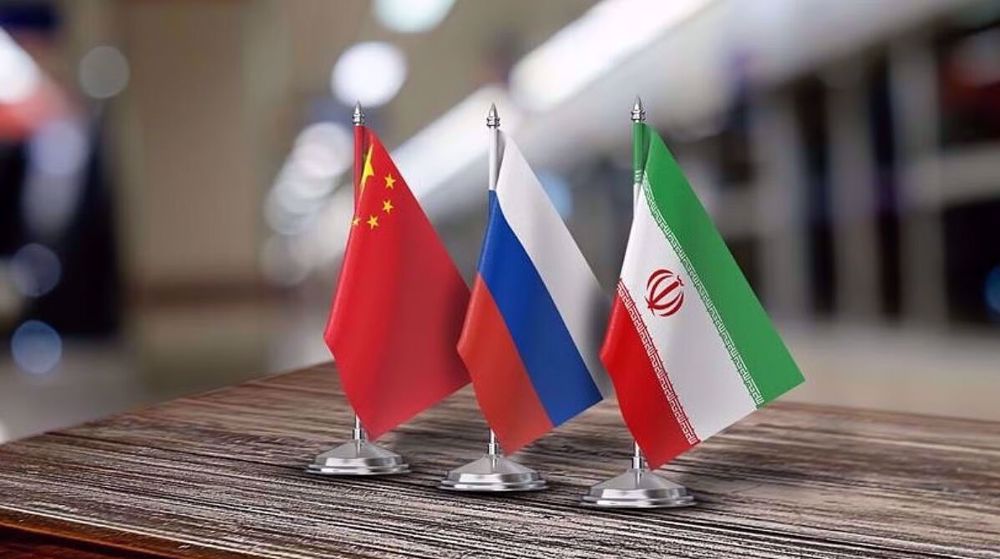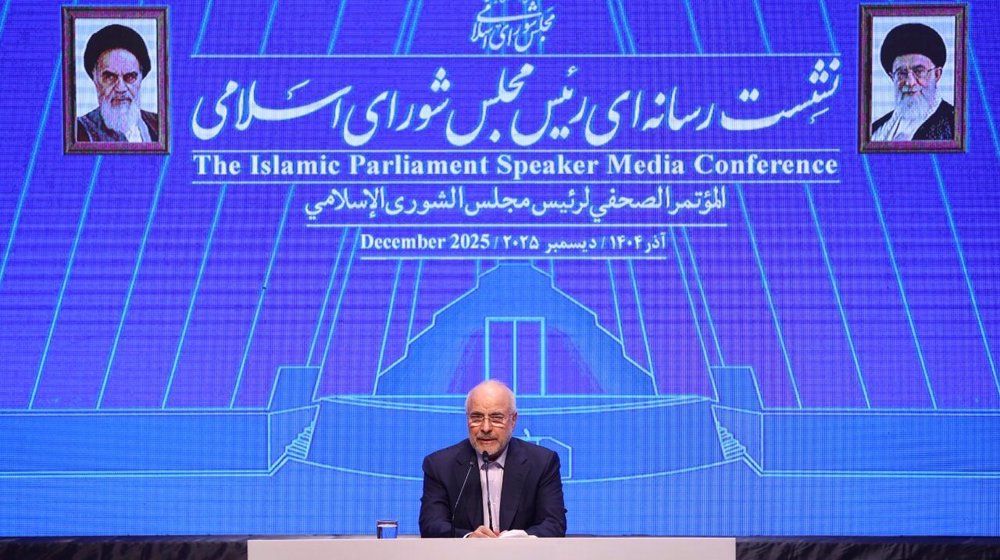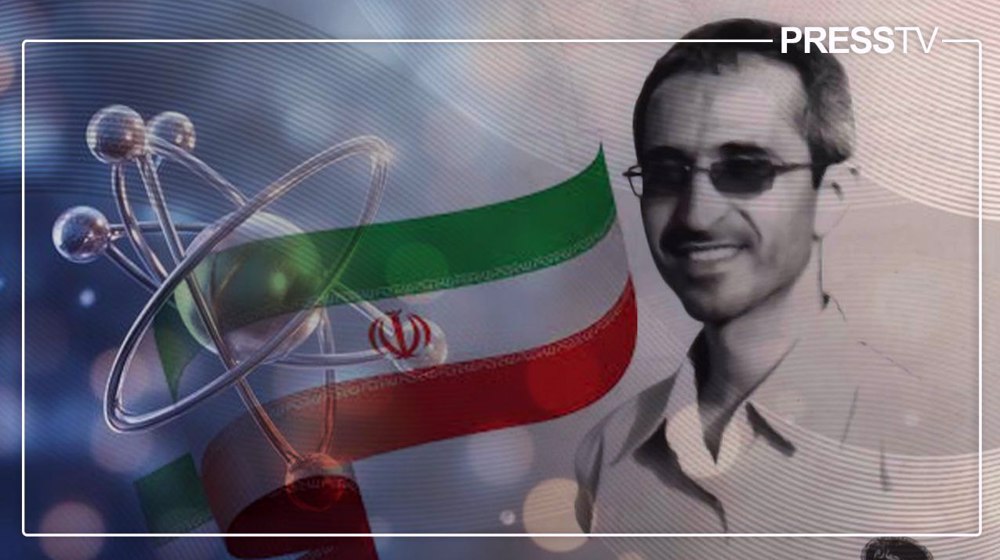IAEA report proves peaceful nature of nuclear program: Iran
Senior Iranian officials say the latest report by the International Atomic Energy Agency (IAEA) on the country’s past and present activities proves the peaceful nature of Tehran’s nuclear program.
Hamid Ba'eidinejad, a member of Iran’s nuclear negotiating team, said the IAEA “explicitly and absolutely declares at the end of the report that it has not found any sign of diversion” in the program.
The report “has verified the peaceful nature of Iran’s nuclear program in the strongest possible terms, with no caveats,” Ba'eidinejad wrote on his Instagram page.
On Wednesday, the IAEA said it had found no indications of diversion of nuclear material related to the so-called possible military dimensions (PMD) in Iran's program.
The agency also said it had not found any indications of undeclared nuclear fuel cycle in Iran beyond those declared by the Islamic Republic.
The agency’s Board of Governors is set to hold a meeting on December 15 to make a final decision on Iran’s case. Tehran says it will implement the nuclear accord signed in July once the file is completely closed.
Ba'eidinejad, who is the director general for political and international security affairs at Iran’s Foreign Ministry, said the IAEA report leaves the Board of Governors with the only choice to close the dossier.

Meanwhile, Iran's Ambassador to the IAEA, Reza Najafi, said the report has confirmed the non-diversion of Tehran’s nuclear activities.
“The most significant point in the [IAEA's Director General Yukiya] Amano’s report is the non-diversion of Iran’s nuclear program,” Najafi said.
The report, he said, does not refer to any instance of Iranian non-compliance.
The IAEA is tasked with monitoring Iran’s scaling down of its nuclear program under the nuclear accord and verifying technical issues related to it.
The Joint Comprehensive Plan of Action (JCPOA), as the accord is called, was concluded between Iran and the P5+1 group – the US, Russia, the UK, France, China and Germany – in Vienna on July 14.
The JCPOA envisages limits on Iran’s nuclear activities in exchange for the removal of all nuclear-related economic and financial bans against the Islamic Republic.
Meanwhile, Iran’s Deputy Foreign Minister Abbas Araqchi has said the P5+1 group of countries now has to close the Islamic Republic’s nuclear file.
“The P5+1 countries must now submit a resolution as per Article 14 of JCPOA to the Board of Governors on the closure of the issue and the governing board must move to approve this resolution with a view to closing the dossier,” Araqchi said.
He added that the most important point in the IAEA's latest report is that it rejects many of the past allegations about Iran's nuclear program.
"The opposite parties must now fulfill their obligations including the closure of the so-called PMD issue during the December 15 meeting of the Board of Governors," said Araqchi.
VIDEO | People in Malaga hold rally to slam Israeli genocide in Gaza
Progress against famine remains ‘extremely fragile’ in Gaza: WHO chief
IEA data shows increase in Iranian oil production
VIDEO | Israeli regime kills two Palestinians including a child in occupied West Bank
VIDEO | Press TV's news headlines
‘Dying is worth it,’ says UK Palestine Action hunger-striker facing risk of death
Trump set to expand crackdown on immigration despite backlash
Iran reports significant rise in exports to Turkey










 This makes it easy to access the Press TV website
This makes it easy to access the Press TV website